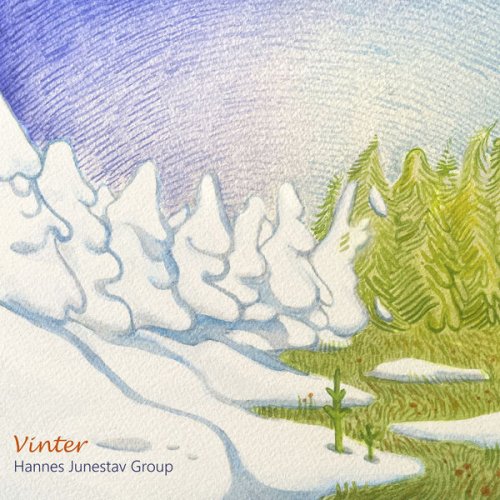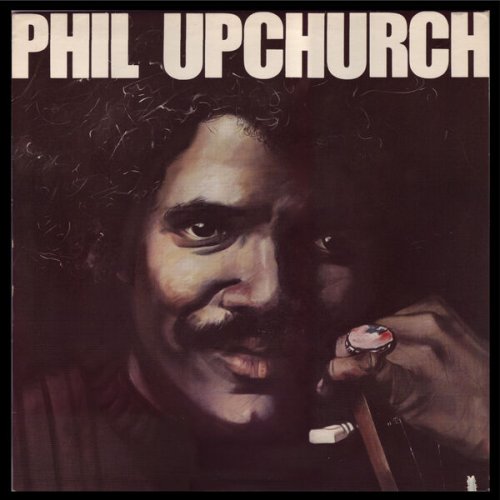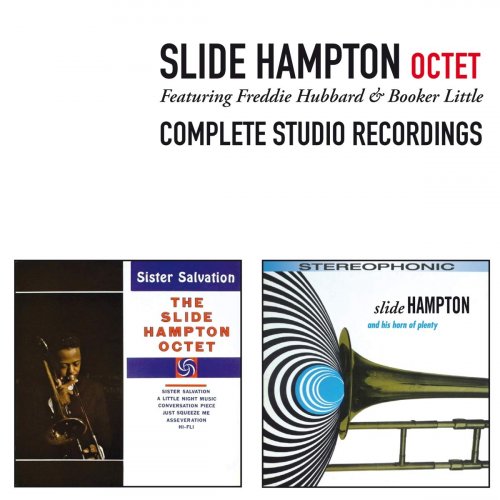Miriam Davis, Michael Bulychev-Okser - Ode to Lost Time (2024) [Hi-Res]
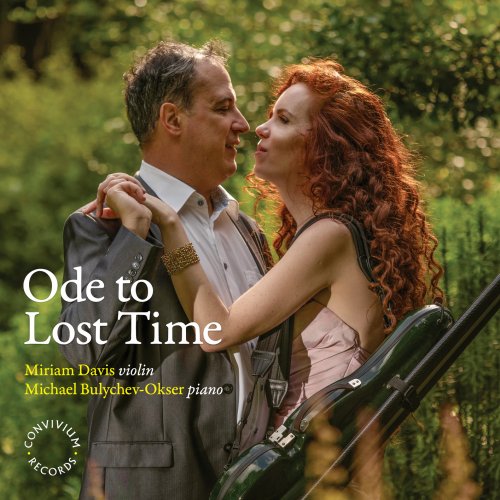
Artist: Miriam Davis, Michael Bulychev-Okser
Title: Ode to Lost Time
Year Of Release: 2024
Label: Convivium Records Ltd.
Genre: Classical
Quality: flac lossless (tracks) / flac 24bits - 192.0kHz
Total Time: 01:06:40
Total Size: 325 mb / 2.51 gb
WebSite: Album Preview
TracklistTitle: Ode to Lost Time
Year Of Release: 2024
Label: Convivium Records Ltd.
Genre: Classical
Quality: flac lossless (tracks) / flac 24bits - 192.0kHz
Total Time: 01:06:40
Total Size: 325 mb / 2.51 gb
WebSite: Album Preview
01. Poème élégiaque, Op. 12
02. Violin Sonata in A Major, FWV 8: I. Allegretto ben moderato
03. Violin Sonata in A Major, FWV 8: II. Allegro
04. Violin Sonata in A Major, FWV 8: III. Recitativo-fantasia
05. Violin Sonata in A Major, FWV 8: IV. Allegretto poco mosso
06. Violin Sonata in G Minor, L. 140: I. Allegro vivo
07. Violin Sonata in G Minor, L. 140: II. Intermède. Fantasque et léger
08. Violin Sonata in G Minor, L. 140: III. Finale. Très animé
09. Poème, Op. 25 (Version for Violin & Piano)
Discover this album of music for violin and piano by late 19th and early 20th-century French composers Eugène Ysaÿe, César Franck, Claude Debussy and Ernest Chausson.
In Marcel Proust’s 1913 masterpiece, “In Search of Lost Time”, he aims to recreate through literature, the period of French history in which he lived. Inspired by Proust’s unparalleled ability to express in words the psychological effects of music on the heart and soul, this album presents works by contemporaneous composers whom Proust heard, knew and loved. As well as creating a window into the musical contents of Proust’s mind, we seek to mirror his goal and offer a historical portrait of the era through music. Whilst there has been long-standing interest in the composer ‘behind’ Proust’s fictional composer Vinteuil, Proust himself poured scorn on such musings, stating clearly that Vinteuil is an entirely fictional character. However, he remarks that whilst writing about Vinteuil’s famous ‘little phrase’, he may have been thinking of both Saint-Saëns’ 1st Sonata as played by Enescu, and Franck’s Violin Sonata. Debussy’s works were a known favourite of Proust, especially Pelléas et Mélisande, which Proust listened to repeatedly. Proust’s fondness for Franck is best remembered by a particular anecdote: one night around midnight, Proust turned up at the house of violinist Gaston Poulet (who also premiered Debussy Sonata), possessed of an urgent desire to hear Franck’s string quartet. They rounded up the rest of Poulet’s quartet in a taxi, in which Proust sat muffled in an eiderdown, with a bowl of potatoes by his side. Back in his bedroom, the musicians performed amongst Proust’s manuscripts, finishing around 2 a.m., at which point Proust asked to hear the entire piece again. Proust attended many of Ysaÿe’s concerts and loved his playing. In Proust’s novel, some of the descriptions of the violinist’s emotional tone are very likely inspired by Ysaÿe’s distinctive sound. Proust was also acquainted with Chausson, and between their styles one might draw the greatest parallels; both writing long, poetic, romantic, gently nostalgic phrases, one in words, the other in music.
Miriam Davis, violin
Michael Bulychev-Okser, piano
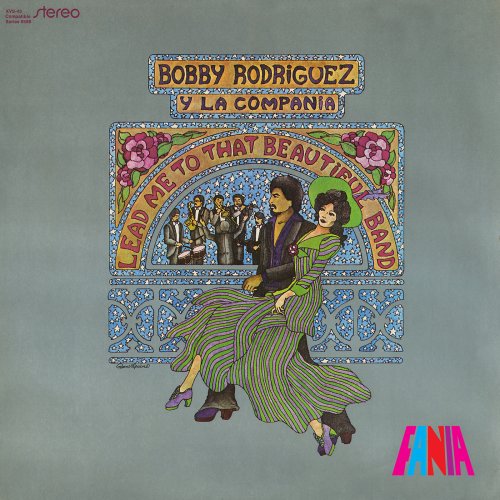
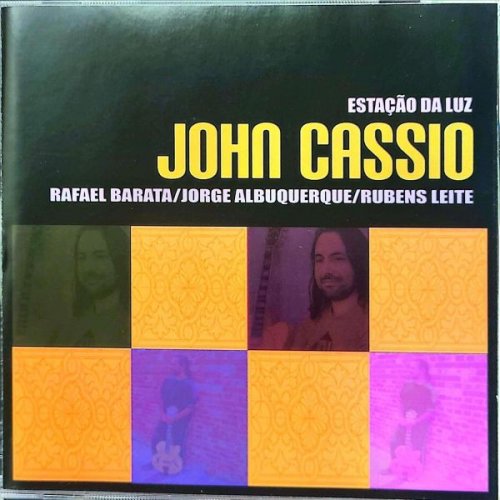
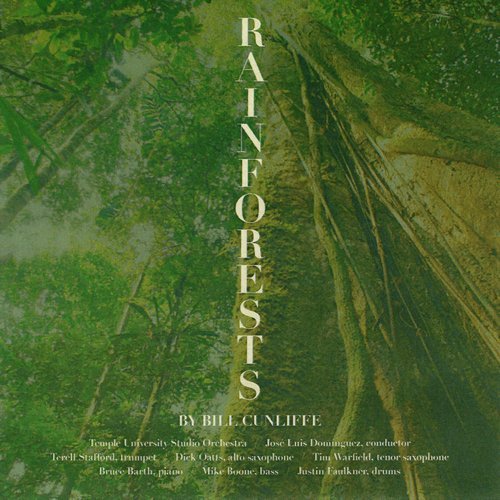
![AKU! - SHI 匹 死 (2026) [Hi-Res] AKU! - SHI 匹 死 (2026) [Hi-Res]](https://img.israbox.com/img/2026-02/14/jcbrzjzstl2k3pfymuh3dzwnp.jpg)

![Marco Mezquida - Táctil (2026) [Hi-Res] Marco Mezquida - Táctil (2026) [Hi-Res]](https://www.dibpic.com/uploads/posts/2026-02/1771330590_folder.jpg)
